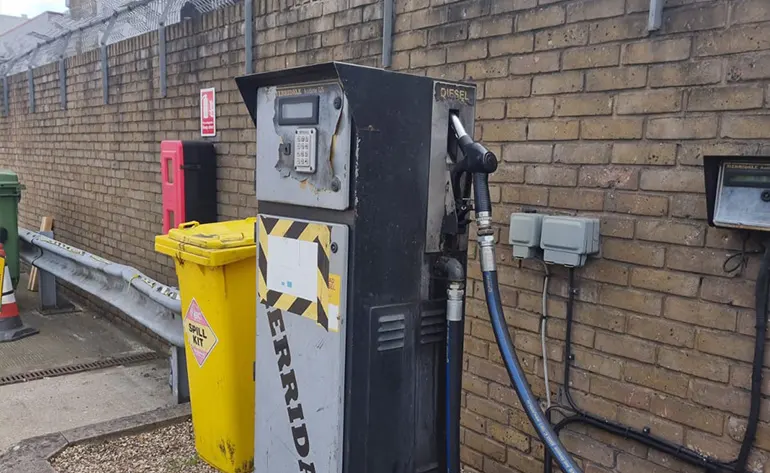Clean or clogg?
Service station owners are not taking the introduction of bio-fuels seriously enough to have their tanks thoroughly cleaned.
Most experts agree that the best way to avoid clogged pumps, or even clogged customer engines, is to have clean tanks. A position underlined by the PIA’s Hugh Tucker during the APEA conference. In answer to a question about jellyfish-like bacterial colonies growing in fuel storage tanks, he said: “It is a question of housekeeping at the service station.
This answer is reinforced by the PIA briefing on bio-fuel, available on its web-site, which says: “Some extra ‘housekeeping’ may be required at service stations to avoid moisture pick-up in ethanol blended into petrol.”
Since it became a Government target to mix a percentage of biofuel with normal fuel, it is now an issue for every service station in the country. For bacteria to thrive they need warmth, water and sustenance. In fuel storage tanks they have the warmth they need and, over the years, there will have been an inevitable build-up of contamination that will have introduced the bacteria in the first place, and moisture.
Says DP Fuel Tank Services director Nigel Plumb: “The best way to avoid problems is to thoroughly clean the tanks before introducing any fuel with a bio element, and have them regularly cleaned every few years; an operation that we find is much less expensive and takes a lot less time than most people think.
With the content of bio-fuel in petrol and diesel expected to rise to 10% for petrol and 7% for diesel, it is expected that many current and older vehicles will not be able to run on the higher percentage blends, so that may require forecourts to stock multiple blends for a number of years.
